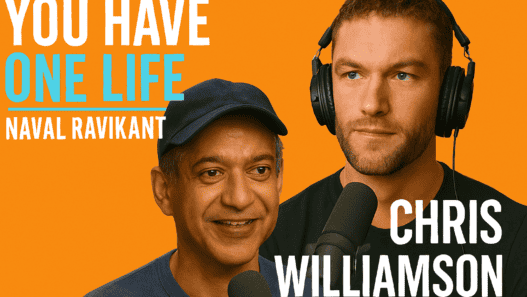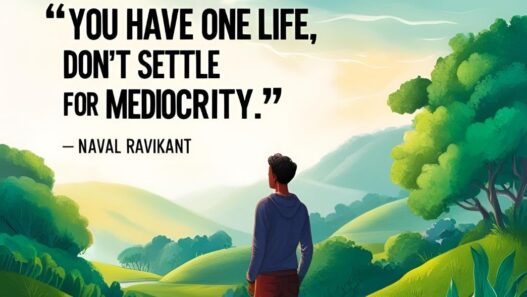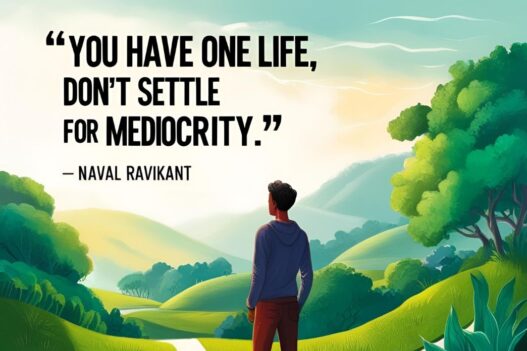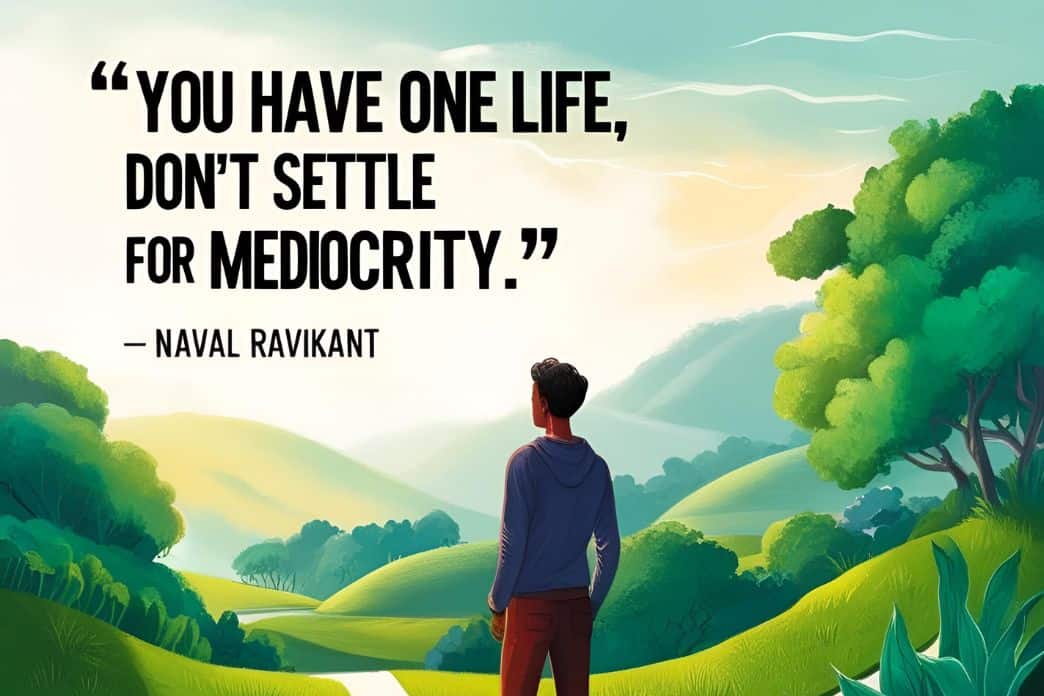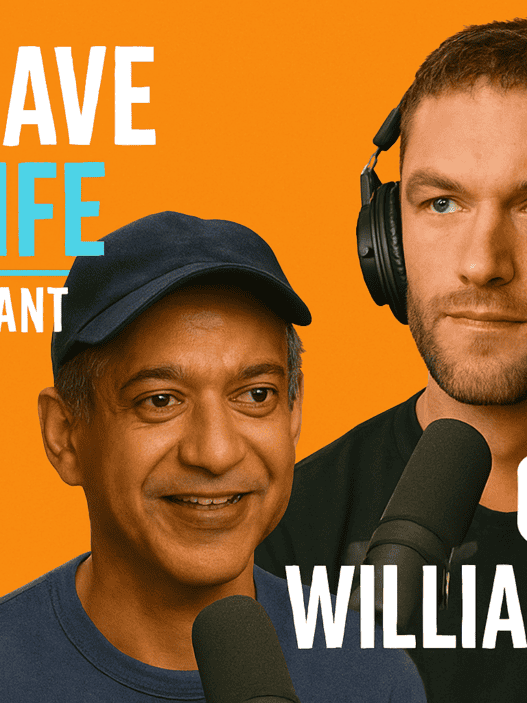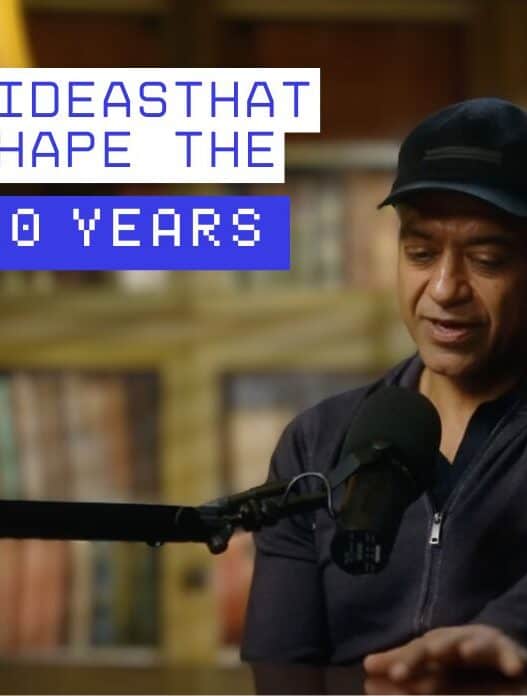Table of contents
🎯 Key Theme: Designing a Life Worth Living
“You have one life—don’t settle for mediocrity.”
💡 Intelligence: A Functional Definition
• True intelligence is defined not by IQ tests, but by:
1. Getting what you want out of life.
2. Wanting the right things in the first place.
• Warning against booby prizes: Achievements that are either unattainable or undesirable.
• Importance of conscious choice: Many people drift through life on societal autopilot—picking careers or partners out of guilt, imitation, or expectation.
🌀 The Trap of Unconscious Living
• People often commit to long-term paths (e.g., career, city, partner) with minimal deliberation.
• Major life decisions—like where to live—shape everything from job opportunities to social circles, yet are often made casually.
“If you’re making a four-year decision, spend a year thinking it through.”
🧮 The Power of Iteration
📐 Secretary Theorem & Life Choices
• Optimal stopping theory suggests evaluating a set number of options, then selecting the first one better than the best seen so far.
• Not time-based, but iteration-based—applies to dating, jobs, startups.
“You need to bail out quickly and be decisive quickly.”
🛠 10,000 Iterations > 10,000 Hours
• Mastery comes from error correction, not mindless repetition.
• Every failure = a chance to learn; iterate and adjust, don’t just repeat.
🌫 Avoiding Cynicism & Pessimism
🧬 Evolutionary Origins
• Hardwired for pessimism due to survival instincts: better to assume rustling in bushes is danger than food.
• In modern life, failure is rarely fatal, and opportunities are abundant.
“You want to be optimistic in the general, skeptical in the specific.”
🔄 Emotional Agility
• Don’t get stuck in labels: introvert/extrovert, pessimist/optimist.
• Avoid motivated reasoning—seeing reality through identity clouds judgment.
“Even saying ‘I have trauma’ can lock you into the past. Stay flexible.”
🧠 Adaptation = Intelligence
• Adaptability is survival: those who see reality clearly and adjust accordingly thrive.
• Identity should be fluid—rigid self-concepts reduce objectivity and limit change.








